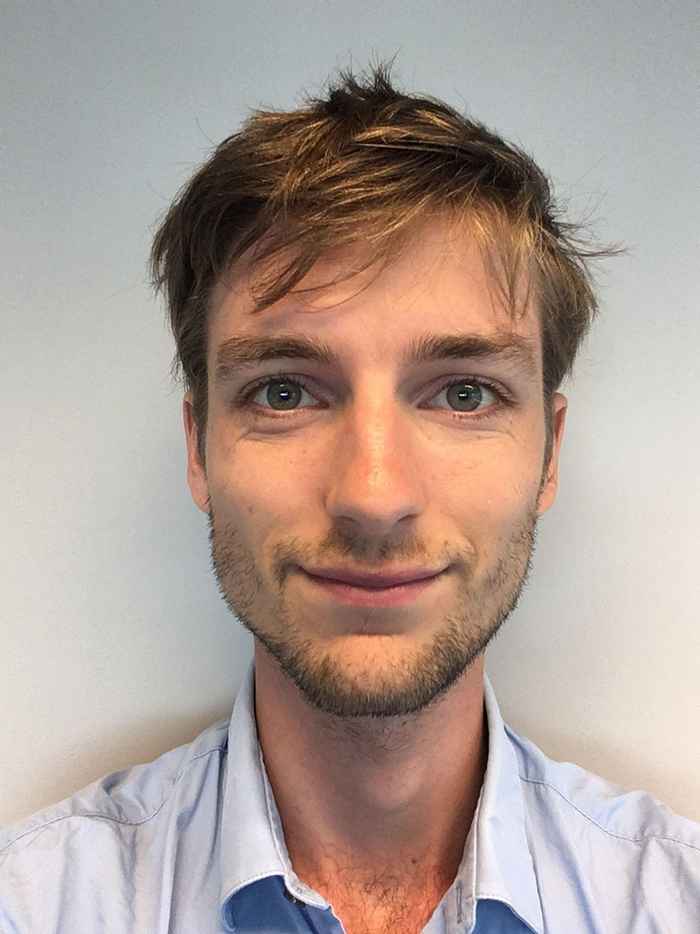‘It’s tremendously fulfilling to make your own contribution to a body of knowledge’

Always in the back of my head
‘In many ways, applying for a PhD position was always in the back of my head during my studies. From the beginning I have had an interest in doing research. There is something tremendously fulfilling in making your own contribution to a body of knowledge. In particular, the possibility to combine different disciplines and viewpoints and applying those to the law is what makes academic research so challenging and interesting.’
‘In my final year of my Master’s I did an internship on the implications of Brexit for the Dutch Ministry of Internal affairs. Although it was a wonderful experience and I enjoyed the work with practical ad-hoc legal problems, I noticed that I started missing the more in-depth structural research. When afterwards the opportunity arose to pursue a PhD at the UvA, I needed little time to make up my mind!’
Background
‘I followed two Master’s programmes – the LLM European Union Law and the Research Master History, both of them at the UvA. The opportunity to pursue a PhD at the same university, with teachers who were responsible for my intellectual upbringing now walking past as colleagues is something very special, just as the possibility to combine both my academic disciplines in my research.’
Narrow down the subject
‘I submitted an – in hindsight – rather broad proposal concerning a legal – historical inquiry into the interaction between European Human Rights and the national context of the Netherlands. It was drawn up in somewhat of a hurry as the deadline for application was approaching rather fast and I was still writing my thesis at that moment. In the months after I got the position, I rephrased and reoriented my research question numerous times in order to narrow the topic down, although this process is never finished in a way: there are always new insights or nuances to be included. Currently, I am focusing specifically on the reception history of the ECHR in the Netherlands.’
Inspiring environment
‘One of the best things is my working environment. The university is a wonderful institution: it is no exception to attend a paper presentation, have a casual conversation with a professor and gain no less than three new insights in your topic on the same day. Contact with colleagues is important and in that sense, the university is an inspiring environment. Being surrounded by people who all have vast knowledge and different perspectives has a very stimulating effect on my own research. In addition, the freedom one has as a PhD researcher provides for enormous liberty and the possibility to be creative. Having the freedom to read, think and write is one thing, the possibility to be engaged in multiple research groups, conferences, reading groups and so on provides for an ever-changing working environment. This has two sides obviously: freedom can be terrifying as well, but if one keeps an eye on the long term, this can be perfectly combined. ‘
A regular day at the ‘office’
‘The good thing about doing a PhD is that “regular days” differ tremendously. There are writing days, meeting days, congress days, reading days, and – my personal favorite – thinking days. Mostly, I arrive in the morning, start by checking mails, barging in the office of fellow PhD’s to have coffee and doing some minor tasks such as side projects or administration. After lunch, I try to set up a structure for a chapter or tend to work on bigger projects which require some more attention. Writing is a more fluid process: I tend to first gather a lot of information and let that sink in until I know what the story is I want to tell, so this can take a while.‘